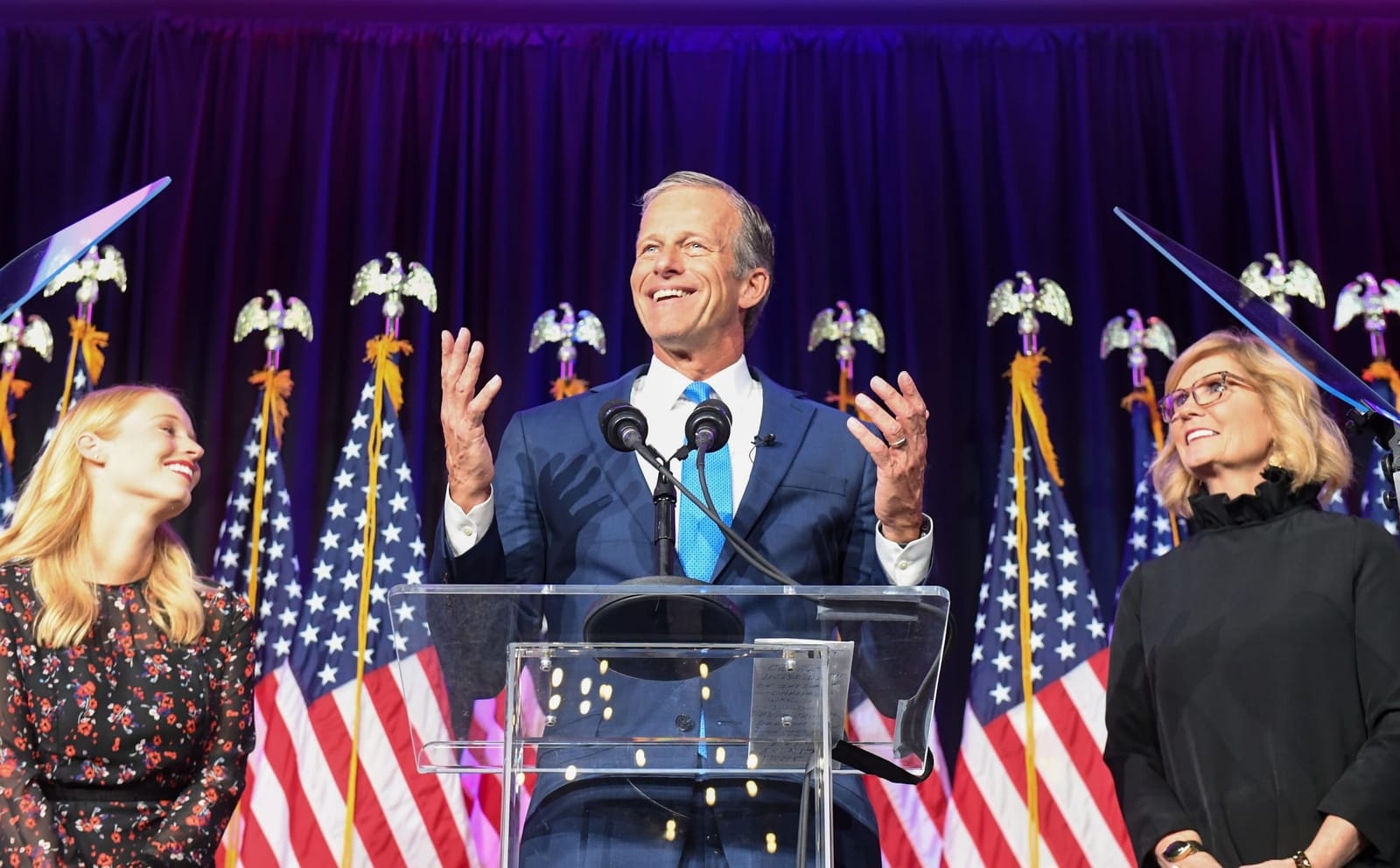South Dakota Republican Sen. John Thune has the largest political war chest of any U.S. senator, topping the $20 million mark even though he’s not up for re-election until 2028.
Rep. Dusty Johnson, the state’s lone congressman, ranks 18th in the U.S. House of Representatives with nearly $5 million, despite being heavily favored in his 2024 race against Democratic challenger Sheryl Johnson.
These fundraising efforts reveal ambitions beyond the Nov. 5 election, as Thune pursues the job of Republican Senate leader in Washington and Johnson positions himself to run for South Dakota governor in 2026.
There will also be a U.S. Senate election that year because Sen. Mike Rounds' term is up, and Johnson's exit would open the U.S. House seat. That makes 2026 potentially one of the most contested and consequential cycles in recent state history.
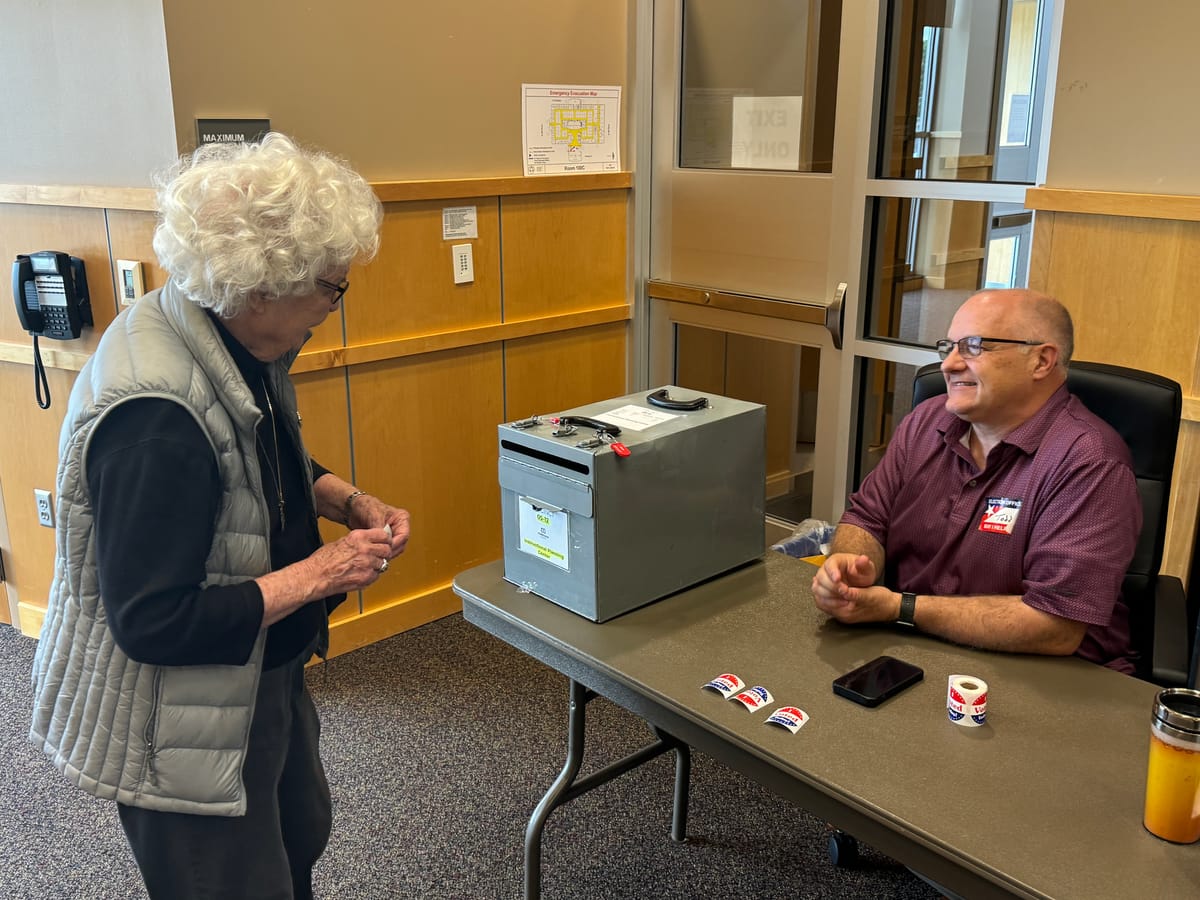
The best way to chart the ambitions of those seeking office is to follow the money.
News Watch used Federal Elections Commission data to rank the top five political war chests in South Dakota as of the last reporting date, June 30. The rankings encompass cash-in-hand amounts from principal campaign committees and federal and state political action committees (PACs).
Campaign committees are authorized by a candidate to accept contributions and make expenditures on behalf of a political campaign. Leadership PACs are used by federal officeholders to support candidates within their political party.
The rankings do not include super PACs, which are free from the donation limits of campaign committees and standard PACs but cannot be used to directly benefit individual political campaigns.
News Watch spoke to candidates, political consultants and campaign finance experts to get a sense of what’s happening behind the scenes as South Dakota officeholders envision their future beyond this November.
Below are the top five and what their fundraising says about their next moves.
Sen. John Thune
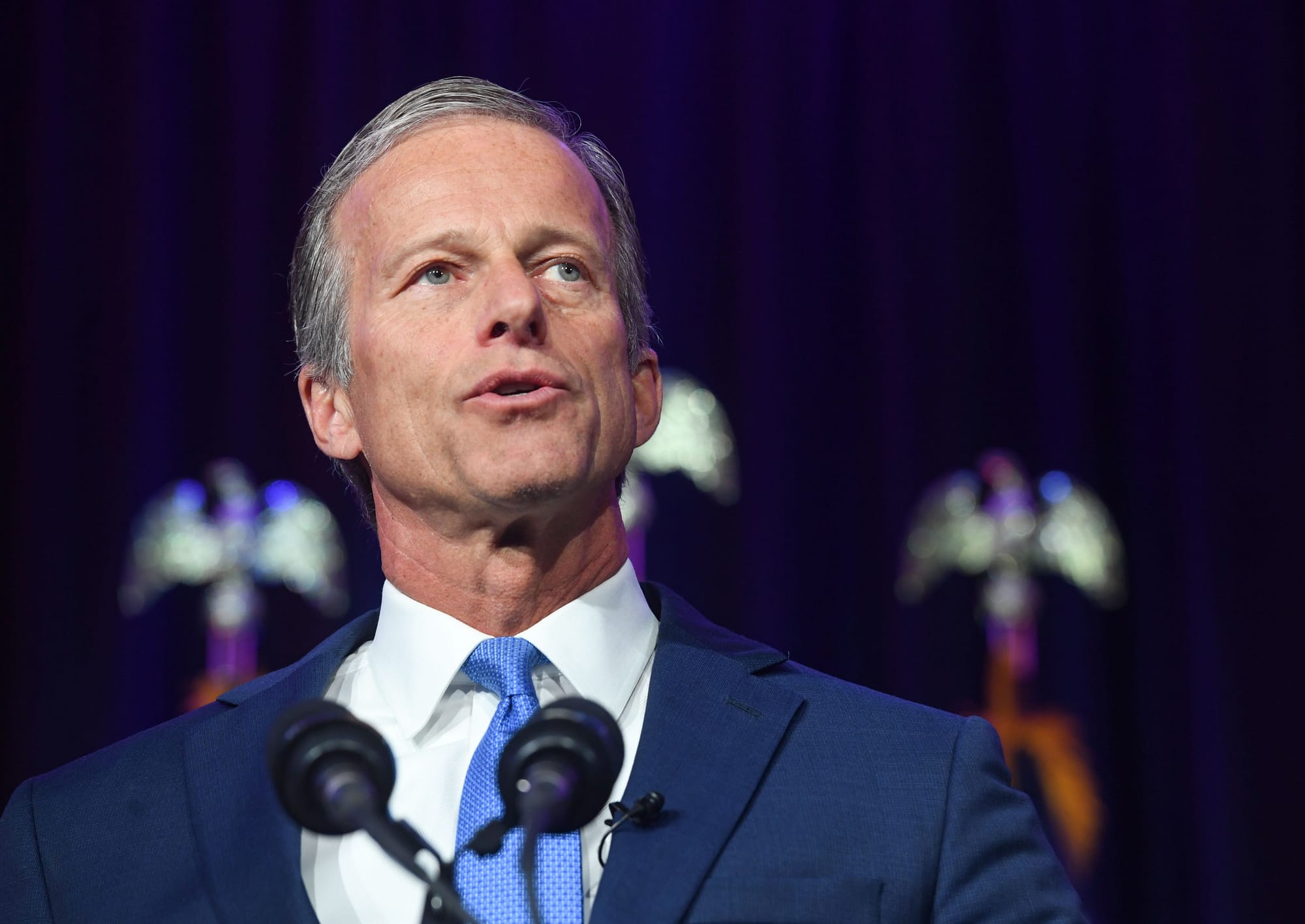
Fundraising sources:
- Friends of John Thune (campaign committee): $18,518,498
- Heartland Values PAC (leadership PAC): $1,385,624
- Commonsense Conservative Values (leadership PAC): $201,278
- Total: $20,105,400
Summary:
Thune, the No. 2 Republican in the Senate, is focused on succeeding Mitch McConnell as GOP Senate leader, which would represent one of the highest political levels achieved by a South Dakotan.
Former Democratic Sen. Tom Daschle served as both minority leader and majority leader before being ousted from the Senate by Thune in a landmark 2004 election.
"Members of leadership have dual motivation to advance their party and raise their own status within the party," said researcher Andrew Mayersohn of Open Secrets, a government transparency group that tracks money in politics. "They have two good reasons to raise massive sums of money, more than what an ordinary senator might raise."
As McConnell's right-hand man as minority whip, Thune is well-positioned to win the job over fellow contenders Sens. John Cornyn of Texas and Rick Scott of Florida. The next leader will be chosen by secret ballot among the caucus of Republican senators on Nov. 13, the week after the election.
The ability to raise money for fellow Republicans as the party seeks to regain control of the Senate is a prerequisite for the leadership position, and Thune has been active in that regard.
In addition to his Friends of John Thune campaign committee, which ranks first among U.S. senators with $18.5 million, the 63-year-old Murdo native is tied to New Heights Action, a super PAC established to boost Senate Republicans by funding travel and events.
New Heights Action raised and spent more than $3 million last quarter, including $1 million from Republican mega-donor Stephen Schwarzman, chairman and CEO of the Blackstone Group, a global private equity firm.
Thune has attended fundraisers for Senate candidates such as Dave McCormick of Pennsylvania, Bernie Moreno of Ohio, Eric Hovde of Wisconsin and Sam Brown of Nevada, all nonincumbents seeking to flip seats in battleground states.
His interest lies in not only seizing the Senate majority but earning the votes of those candidates for leader if they win their races and become new members.
Rep. Dusty Johnson
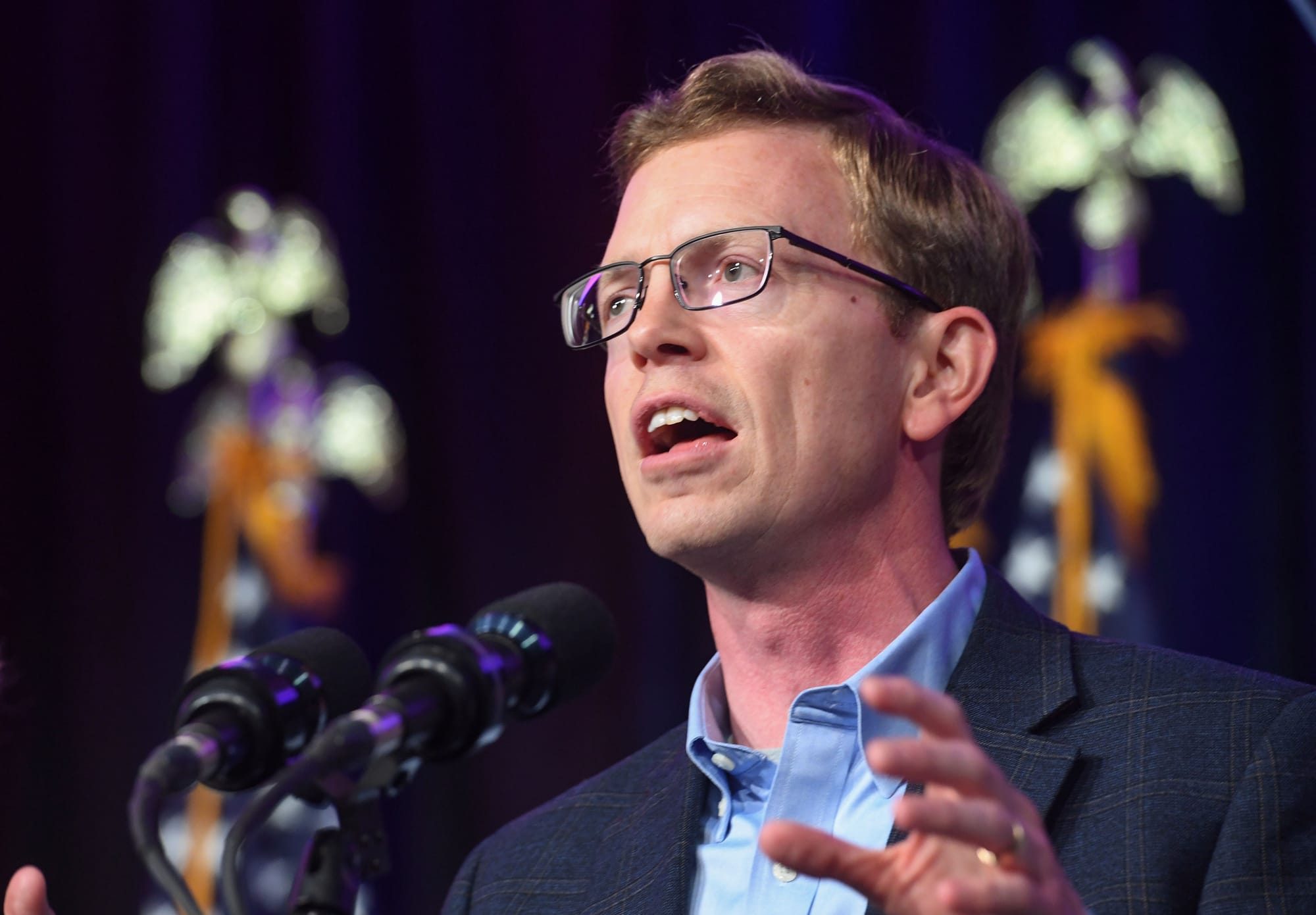
Fundraising sources:
- Friends of Dusty Johnson (campaign committee): $4,665,427
- Dakota Leadership PAC (federal): $169,738
- Dusty PAC (statewide): $98,795
- Total: $4,933,960
Summary:
It’s been a poorly kept secret for nearly two years in state political circles that Johnson is running for governor in 2026 while staying focused on his House re-election race this November.
The 47-year-old Pierre native has tried to position himself as the clear Republican choice to succeed Gov. Kristi Noem by hitting up major in-state donors and conducting private polling to show he has the edge on potential rivals.
Johnson’s campaign committee total of more than $4.6 million puts him 18th among current U.S. Congress members. That's unusually high for a South Dakotan whose re-election race is deemed “solid Republican” by nearly every national prognosticator.
The campaign fund has doubled since January 2023, reflecting a robust 18 months of fundraising activity.
Notable individuals donating the per-election maximum of $3,300 include POET CEO Jeff Broin and his wife, Tammie; former rail executive and ex-South Dakota Board of Regents member Kevin Schieffer; orthopedic surgeon and former state legislator Blake Curd; and Sioux Falls businessmen such as Tom Everist, Paul Schock, Steve Kirby and Dick Sweetman.
Johnson, a former adviser to Govs. Rounds and Dennis Daugaard who was elected to the Public Utilities Commission at age 28, hopes to solidify support among these and other key donors not just for campaign cash but to discourage challengers by seizing the mantle of front-runner.

Still, there are potential roadblocks in a state where Republican sentiments are trending more toward Donald Trump-style populism than Johnson’s conventional GOP approach, which focuses on budget austerity, rural economic development and agricultural trade.
The fact that former Rapid City state legislator Taffy Howard drew 41% of the 2022 primary vote by blasting Johnson as soft on issues such as border security and election integrity was a warning sign – and perhaps an opportunity for someone to fill the hard-right lane in the gubernatorial race.
“I'm never going to be scared of a primary,” Dusty Johnson told News Watch last fall. “Anybody who thinks that by acting in a certain way they can gain a free pass doesn't understand modern politics. At some point, you just go do the right thing and figure out what that means politically later.”
If Amendment H passes in November, bringing top-two open primaries to South Dakota, that could make Johnson less vulnerable to the vagaries of his own party. Another factor is the future of Noem, who would hand the reins to Lt. Gov. Larry Rhoden in the hypothetical scenario of Trump winning the presidency and offering Noem a job in his administration.
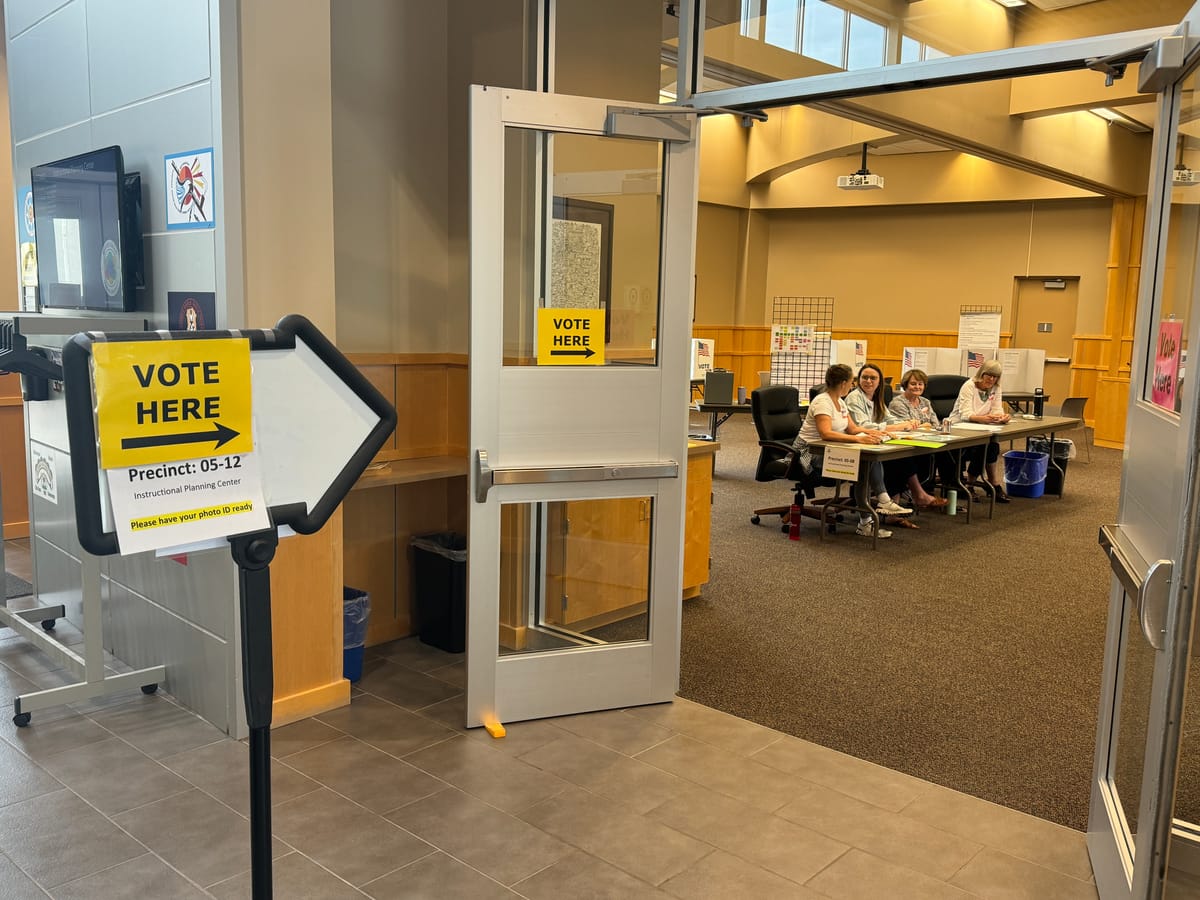
That would make 65-year-old Rhoden the incumbent and potentially a more formidable foe, though not one feared by Johnson. True to his reputation as a lifetime political junkie, the third-term congressman has envisioned and gamed out all possible scenarios and has ample cash on hand to put his plans in motion.
Gov. Kristi Noem
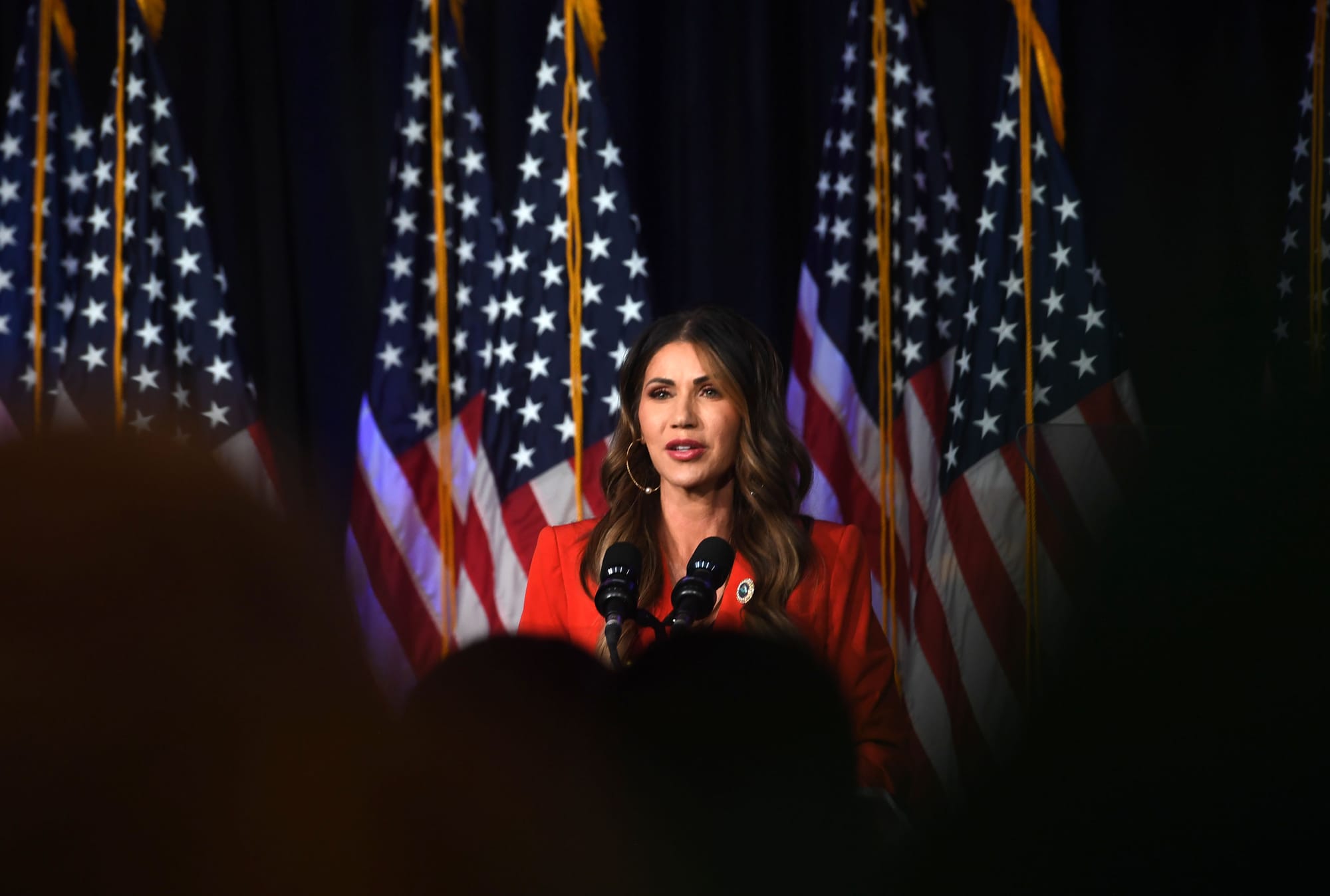
Fundraising sources:
- Kristi for Governor (campaign committee): $2,141,641
- Kristi PAC (leadership PAC): $932,768
- Total: $3,074,409
Summary:
Despite being a lame-duck governor whose term expires in 2026, Noem still had more than $2 million in her campaign committee and nearly $1 million in her leadership PAC as of the last reporting date.
That means she can mobilize quickly to run for another office if needed. But the uncertainty of her immediate future – complicated by a damaged political brand after her ill-fated book launch – makes her a wildcard in South Dakota politics.
Noem’s goal to become Trump’s vice presidential nominee was dashed after negative reaction to her book, “No Going Back,” including revelations about Noem killing an unruly family hunting dog and seemingly fabricating a meeting with North Korean dictator Kim Jong Un.
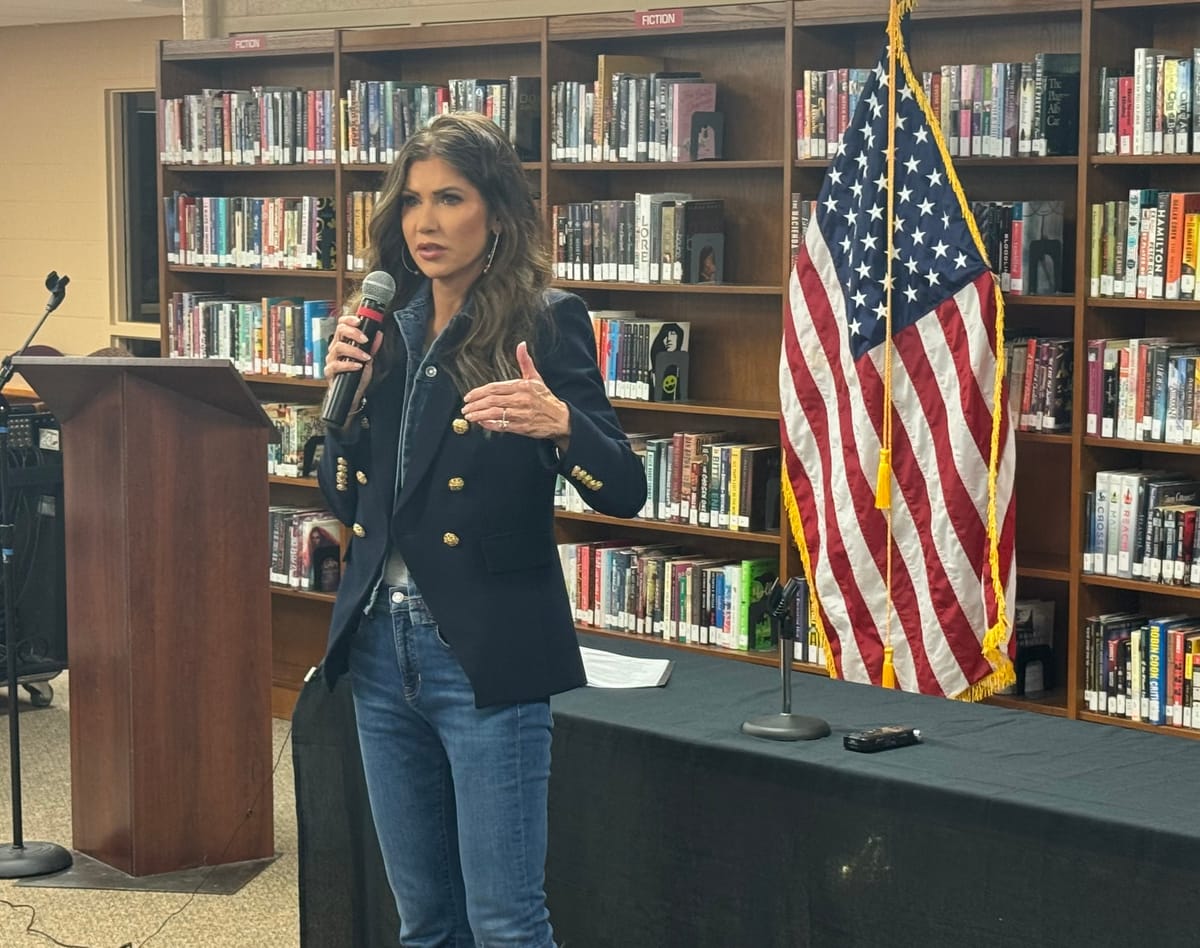
But Trump has not totally cast her aside, and informal Noem adviser Corey Lewandowski is back on the Trump campaign team. Conventional wisdom has the governor looking for an exit ramp that a Republican presidency could provide.
If Trump loses, things really get interesting.
As one political insider put it, “when the music stops, (Noem) is going to have to find a chair.” The most logical campaign path would be seeking Rounds’ Senate seat in 2026.
In a traditional GOP primary format, she could run to the right of Rounds and probably get Trump’s endorsement, which combined with her war chest and political savvy would be a lot for Rounds to overcome.

But if the open primary amendment passes, Rounds would likely face Noem in a top-two general election fight. That's more to his advantage as Democratic and independent voters would join Republicans in choosing between Noem and an incumbent senator who has distinguished himself on veterans issues and distanced himself from MAGA-style rhetoric.
The other question is whether Noem still has her fastball as a political force in South Dakota after criticism and mockery of her book launch came from all sides of the political and media spectrum.
In a May poll co-sponsored by News Watch, nearly two-thirds of South Dakotans said the governor damaged her credibility, and nearly half said they have an unfavorable view of the second-term Republican.
Sen. Mike Rounds
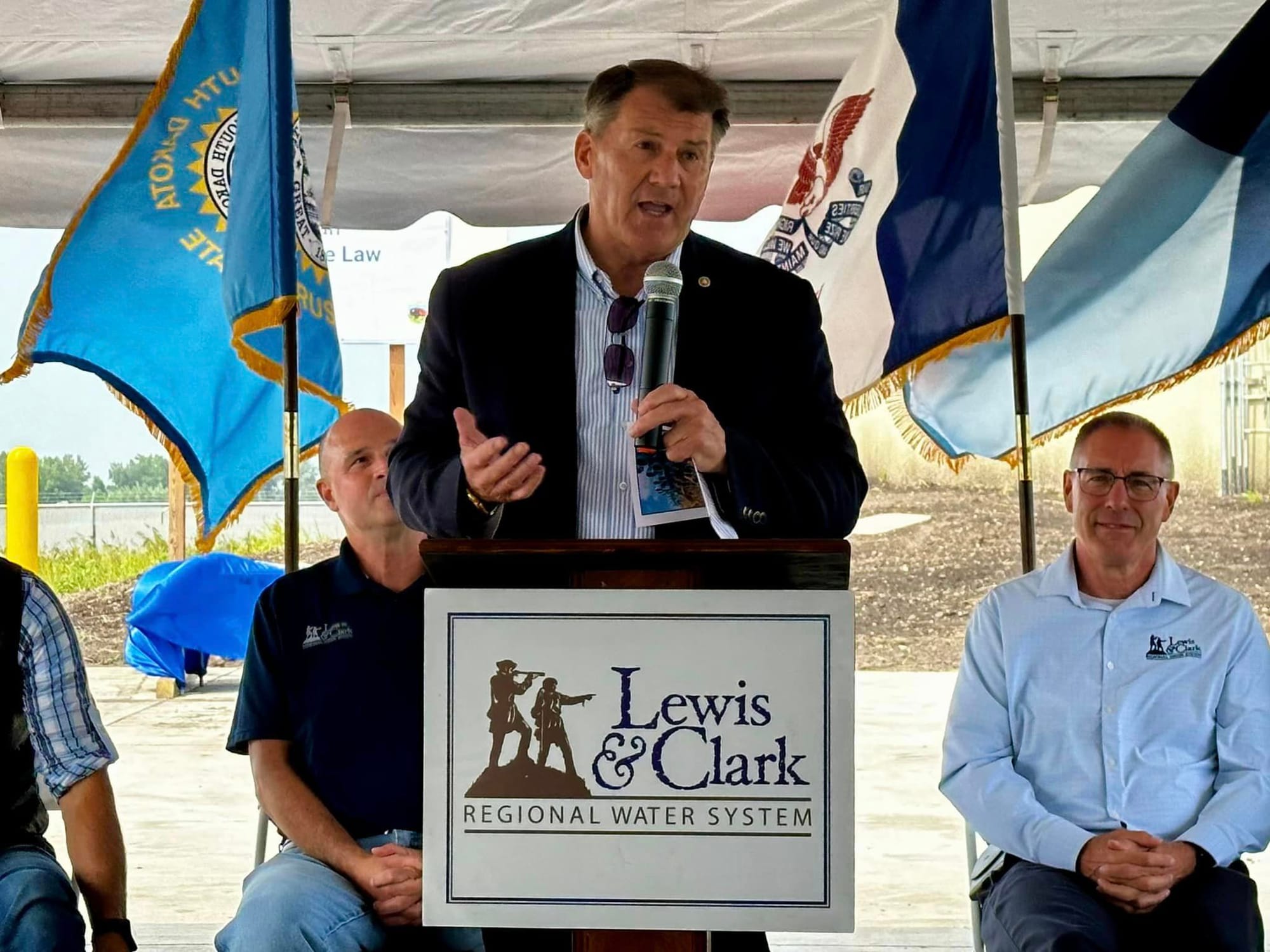
Fundraising sources:
- Rounds for Senate (campaign committee): $1,619,386
- Peter Norbeck Leadership PAC (leadership PAC): $419,536
- Total: $2,038,922
Summary:
Rounds doesn’t have nearly the financial muscle of Thune because he’s not involved in the Senate leadership fight and wasn’t seriously challenged in his last primary or general election in 2020.
Rounds has $1.6 million in his campaign committee fund, with maximum individual donations coming from Blackstone CEO Schwarzman and his wife, Christine. Such donations are not unique for the Wall Street executive, who gave more than $35 million to GOP congressional candidates in 2022.
Rounds' Peter Norbeck Leadership PAC disbursed more than $230,000 over the past 18 months to support the National Republican Senatorial Committee and Republicans in key Senate races, including Tim Sheehy of Montana, who is seeking to oust Democratic incumbent Sen. Jon Tester.
Rounds will need to elevate his own campaign fund and reinvigorate in-state support if he plans to fight for his Senate seat in what could be a competitive race. In 2020, he cruised through the GOP primary and defeated Democratic challenger Dan Ahlers with 66% of the vote in the general.
There has also been speculation that Rounds would consider running for governor as a means of returning home to Pierre, where he served as a state legislator and was South Dakota governor from 2003-2011.
But the 69-year-old, whose wife, Jean, died of cancer in 2021, has embraced his role in the Senate serving on Armed Services, Banking and Indian Affairs committees. He might be further motivated to stay if Republicans regain the majority and fellow South Dakotan Thune takes over as leader.
Attorney General Marty Jackley
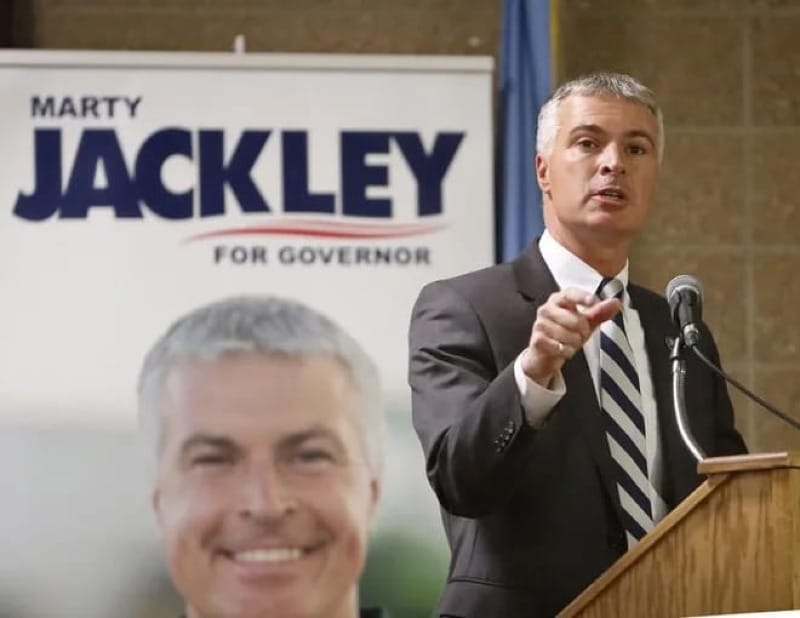
Fundraising source: Marty Jackley for Attorney General (campaign committee): $392,230
Summary:
South Dakota Attorney General Marty Jackley, who ran a competitive but unsuccessful gubernatorial primary against Noem in 2018, is strongly considering taking another run at the job in 2026.
His campaign committee total of about $400,000 pales in comparison to Dusty Johnson’s $5 million, a source of consternation but not panic for the 53-year-old Sturgis native who previously served as South Dakota's U.S. attorney.
“I'm focused on being attorney general,” Jackley told News Watch. “Other politicians may raise money and campaign (early), but I have a busy job. And I think the best politics that I can do is to perform in that job the best I can. I’ve shown that I can raise money in a short period of time, and it’s primarily local money. I’m not going to be controlled by anybody.”
Jackley’s campaign raised about $2 million for his 2018 primary battle with Noem, which ended with her drawing 56% of the vote. He was elected in 2022 to serve a fourth term as attorney general, running unopposed in the general election.
The consensus is that Jackley would need at least $1 million in campaign cash to challenge Johnson in a traditional primary and that it's a reachable number.
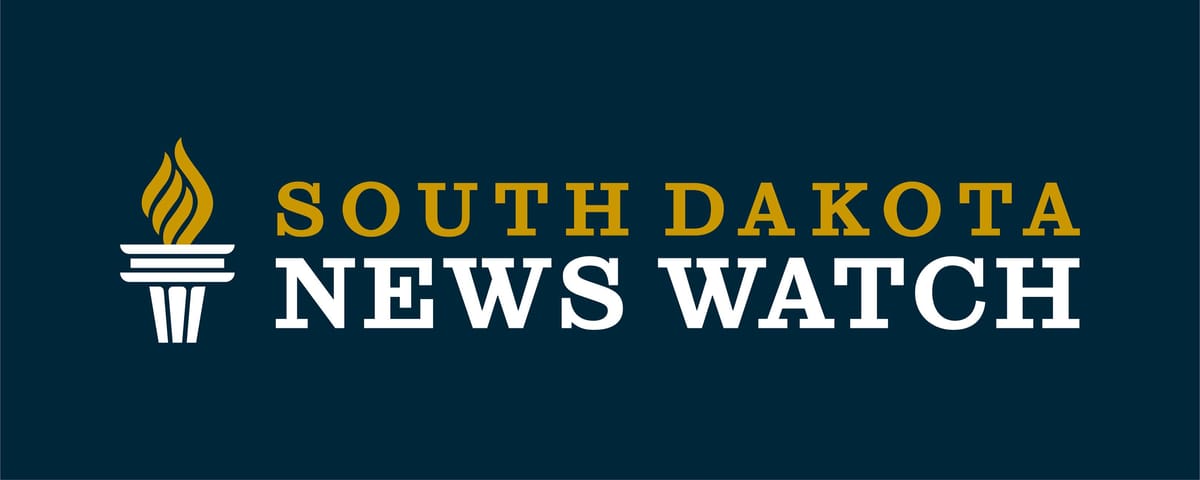
Jackley’s strident stances opposing abortion and supporting gun ownership have endeared him to South Dakota's ultraconservatives, some of whom are less convinced of Johnson’s devotion to the cause.
In the 2022 primary, Howard attacked Johnson for voting to block Trump’s national emergency declaration for the Southern border in 2019 and Johnson's opposition to stripping Wyoming's Liz Cheney, one of Trump’s harshest GOP critics, of her House leadership position. Cheney was later defeated in her 2022 House primary by more than 37 points.
If the open primary constitutional amendment passes, a potential one-on-one battle between Johnson and Jackley would be decided by the general electorate, which would favor a well-run, well-funded establishment campaign.
One year away from ads being placed for a much-awaited governor’s race, financial statements point toward Johnson having an edge. But despite his early efforts, the cycle has not yet begun.
This story was produced by South Dakota News Watch, an independent, nonprofit news organization. Read more in-depth stories at sdnewswatch.org and sign up for an email every few days to get stories as soon as they're published. Contact investigative reporter Stu Whitney at stu.whitney@sdnewswatch.org.

